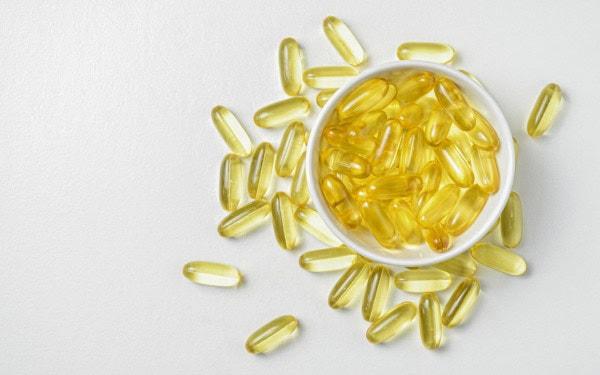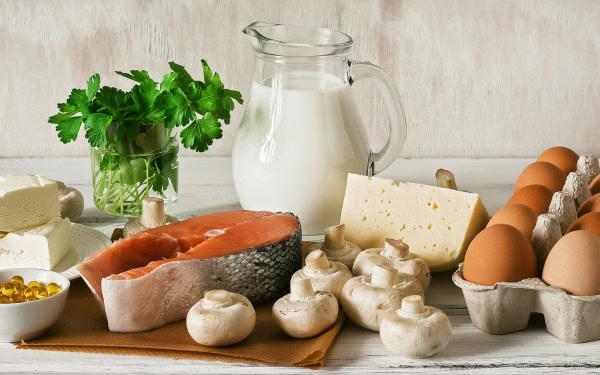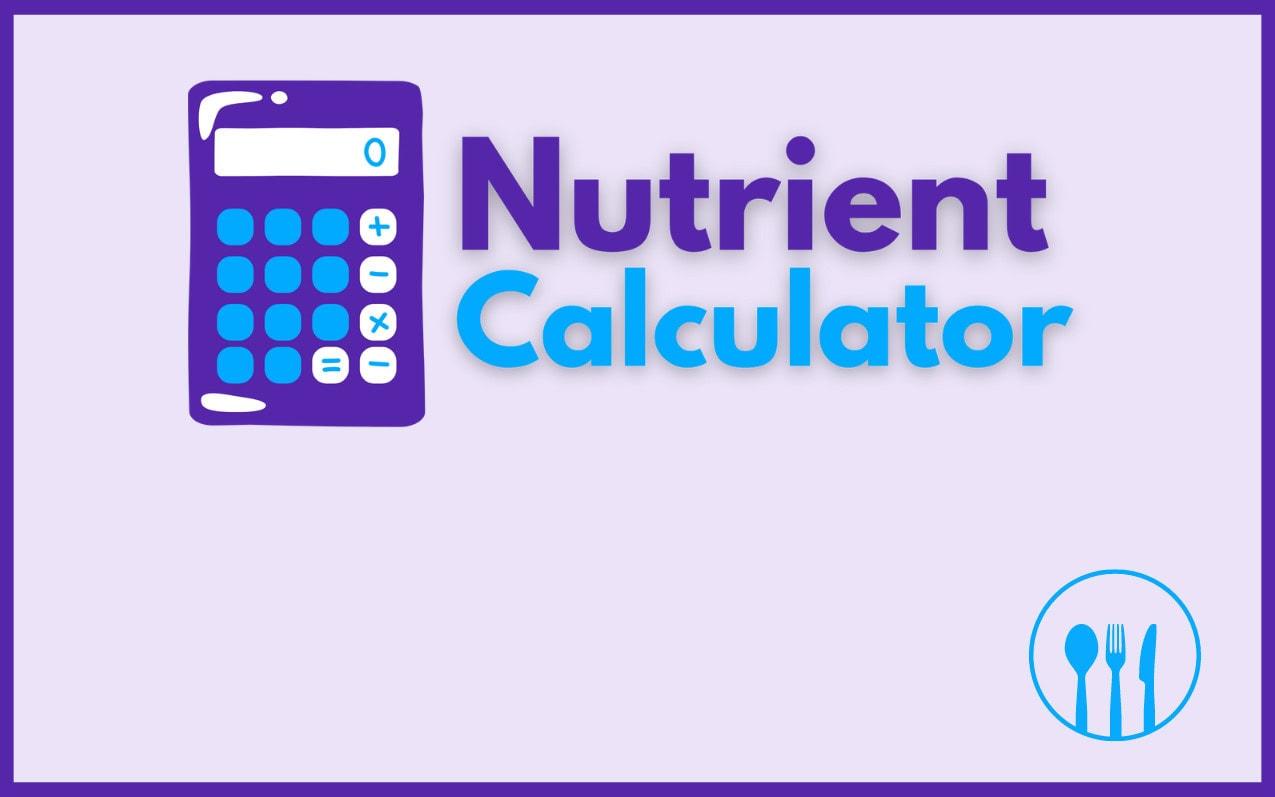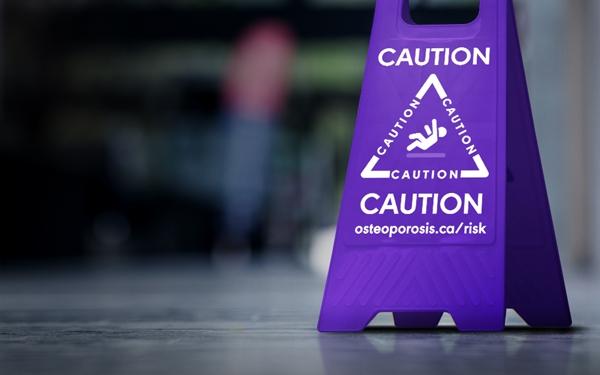
VITAMIN D
Vitamin D, the “sunshine vitamin,” is produced when the sun’s rays interact with our skin but in Canada we don’t get as much sun as we need to produce adequate vitamin D.
Your skin can make vitamin D when exposed to the sun but there are many factors that can impact how much vitamin D your skin can make:
- Time of year: In Canada, reduced daylight, and skin exposure to sun between October and March make it hard to make vitamin D.
- Skin exposed to the sun: Relying on sun exposure to get vitamin D is not considered reliable for Canadians as skin pigmentation as well as many environmental factors limit the amount of vitamin D you can make from the sun.
- Age: Our skin’s ability to produce vitamin D from the sun decreases as we age.
The best way of getting vitamin D is through both food and supplements.
*Never take more supplementation than is required or prescribed.
How Much Vitamin D Do We Need?
Vitamin D helps your body absorb calcium and supports calcium absorption to help keep our bones strong.
Vitamin D also improves muscle functions which can help improve balance and prevent falls and fractures.
Vitamin D Recommended Daily Allowance(RDA)
(this includes your diet and supplements)
Adults: ≤70: 600 IU (15 μg) daily | > 70: 800 IU (20 μg) daily
The best way of getting vitamin D is through food and supplements. Health Canada recommends that all Canadians over age 50 years and older supplement their diet with 400 IU (10 µg) of vitamin D to help meet their daily vitamin D requirements.
Include a variety of foods to help get the Recommended Daily Allowance (RDA).
A note about Vitamin D
There are two units of measure for vitamin D: International Units (IU) and Micrograms (μg).
Vitamin D Recommendations are listed in both units of measure.

IUs are used for supplements

μg are used for food sources
DID YOU KNOW
Vitamin D is fat-soluble.
Fat-soluble vitamins are stored in your body, when they are not being used, which means they stay in your body longer than water-soluble vitamins. If you get more vitamin D one day, and not enough the next, the extra vitamin D from the previous day will balance out.
Ingesting more vitamin D than you need through supplements can cause harm.

Nutrient Calculator
Are you getting the daily required amount of each bone building nutrient? Use the Nutrient Calculator to calculate your approximate daily intake for each nutrient.

Food Sources of Vitamin D
There are foods that contain Vitamin D naturally or through fortification.

Vitamin D Supplements
It can be really hard to get enough vitamin D from natural and fortified foods alone. Vitamin D is not common in foods and the quantity found in foods can be low.

RECIPES
Osteoporosis Canada is working to provide strategies, new ideas and develop recipes to help you get the bone building nutrients needed for bone health. Check out the selection of recipes.


